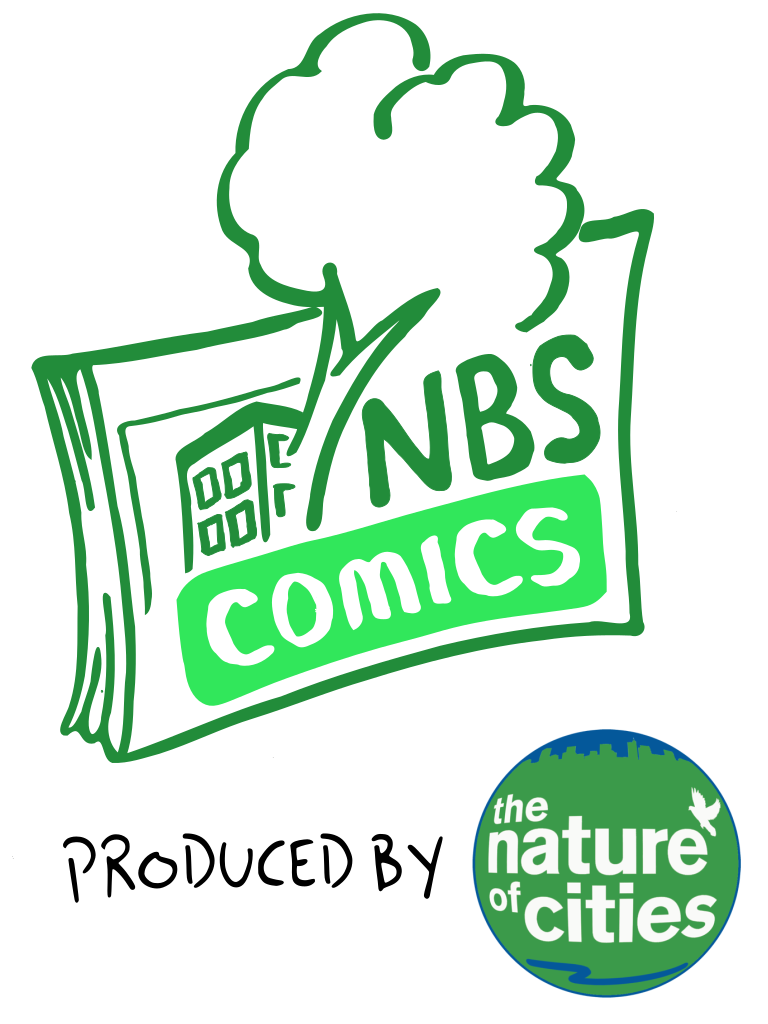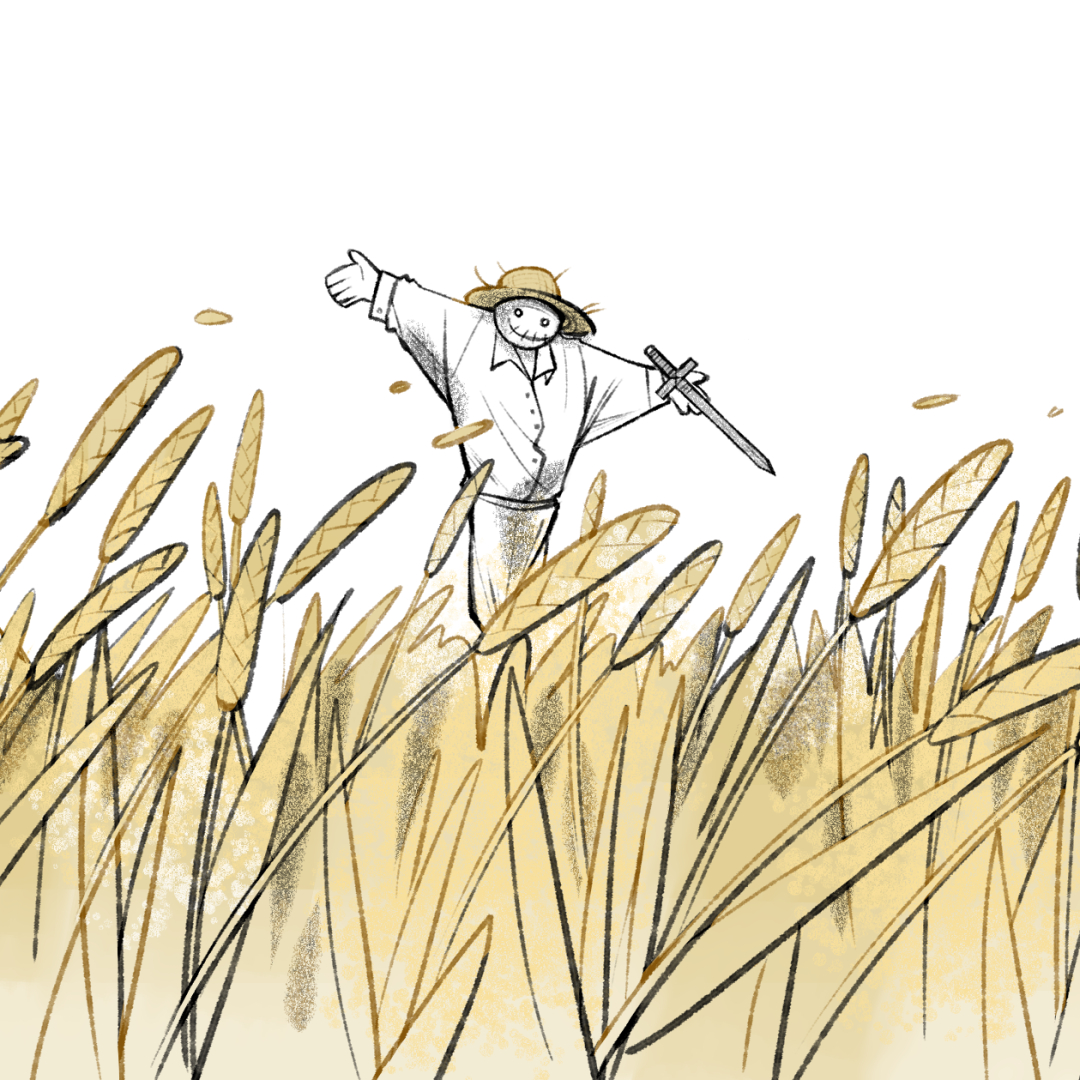BIOFAIR holistically determines soil biodiversity under different farming practices and environmental stressors to anticipate negative impacts of climate change on belowground processes and provide adaptation strategies.
Read more about the project here
IN THE COMIC >
In The Wheat Code, Henrik maps environmental gradients to ensure biodiversity thrives alongside crops. On the crop site, a specific focus is given to grain quality parameters such as vitamin and mineral nutrient contents essential for many human body functions, and to technological bread-making properties such as flour viscosity, to ensure the crops of the future have a highly nutritious value and are suitable for food production.

The BIOFAIR project comprehensively addresses the diversity of soil organisms (bacteria, (AM)fungi, nematodes, tardigrades, collembolans, and mites) and how they link to soil functioning in terms of disease suppression and carbon storage and to plant performance, determined as quality traits of wheat grains, such as vitamin and protein contents and bread and cookie making qualities.
They combine field and laboratory studies, while also using state-of-the-art environment chambers, to perform realistic simulations of climate change and disentangle the effect of abiotic stresses on the biological diversity and functionality of soils and the consequences for the quality of ibidem-cultivated wheat. The aim is to provide recommendations for the most suitable agricultural practices for the wheat of the future.




